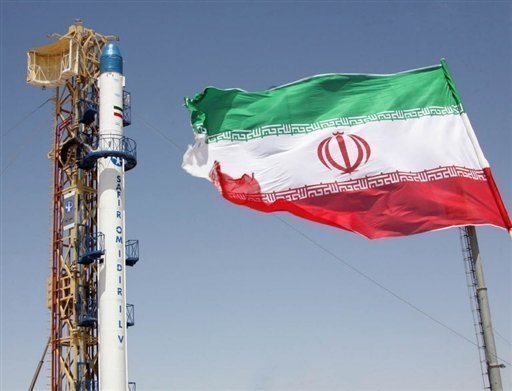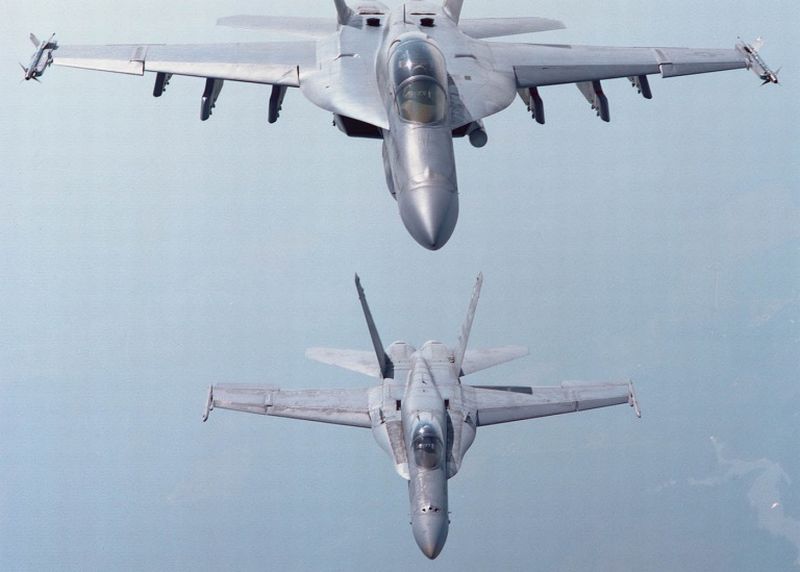Iran and the five permanent members of the UN Security Council plus Germany began talks on Tuesday in Vienna on reaching a comprehensive nuclear deal.
Iran is under UN and Western sanctions because of suspicions — denied by Tehran — that it wants to develop nuclear weapons under the guise of its civilian program.
It already has enough low-enriched uranium for several nuclear bombs if it decided to purify it to weapons-grade, something which would be quickly detected by UN inspectors.
The fear is that Iran will soon reach “breakout” capacity — that it could make enough highly-enriched material for a bomb before the International Atomic Energy Agency notices.
Interim deal
After a decade of failed initiatives and rising tensions, the seven countries struck an interim deal in Geneva on November 24 that was hailed as a huge breakthrough.
Under this agreement, Iran on January 20 stopped enriching uranium to medium purities and undertook to convert its stockpile of this material.
It pledged not to add more centrifuges or to make advances on a new reactor being built at Arak that the West is concerned might provide Iran with plutonium, an alternative to uranium for a bomb.
The IAEA, which already keeps close tabs on Iran’s facilities, was given additional inspection rights including daily visits to the Fordo and Natanz enrichment sites.
In exchange the powers put up some $6-7 billion in sanctions relief and said they would not impose any new nuclear-related sanctions.
Tick tock
The six-month freeze can be extended by mutual consent.
The parties now aim to negotiate a “comprehensive solution”, which according to the Geneva “Joint Plan of Action” they want to conclude and commence implementing by November 2014.
This would likely reduce Iran’s program to within what the Geneva agreement called “mutually agreed parameters consistent with (Iran’s) practical needs” and for a “long-term duration”.
Analysts say this means cutting the number of centrifuges enriching uranium to a few thousand from the current 19,000, and possibly closing Fordo.
In addition, the powers may press Iran to change the unfinished “heavy-water” Arak reactor into a “light-water” model so that it produces far less plutonium.
Iran will also have to submit to much more intrusive inspections by the IAEA.
And it will have to answer long-standing IAEA questions about alleged efforts, mostly before 2003, to develop nuclear weapons, rejected as baseless by Iran and also questioned by some experts.
In return, all sanctions would be lifted and Iran, according to the Geneva deal, “would fully enjoy its right to nuclear energy for peaceful purposes” — but also “in conformity with its obligations”.











